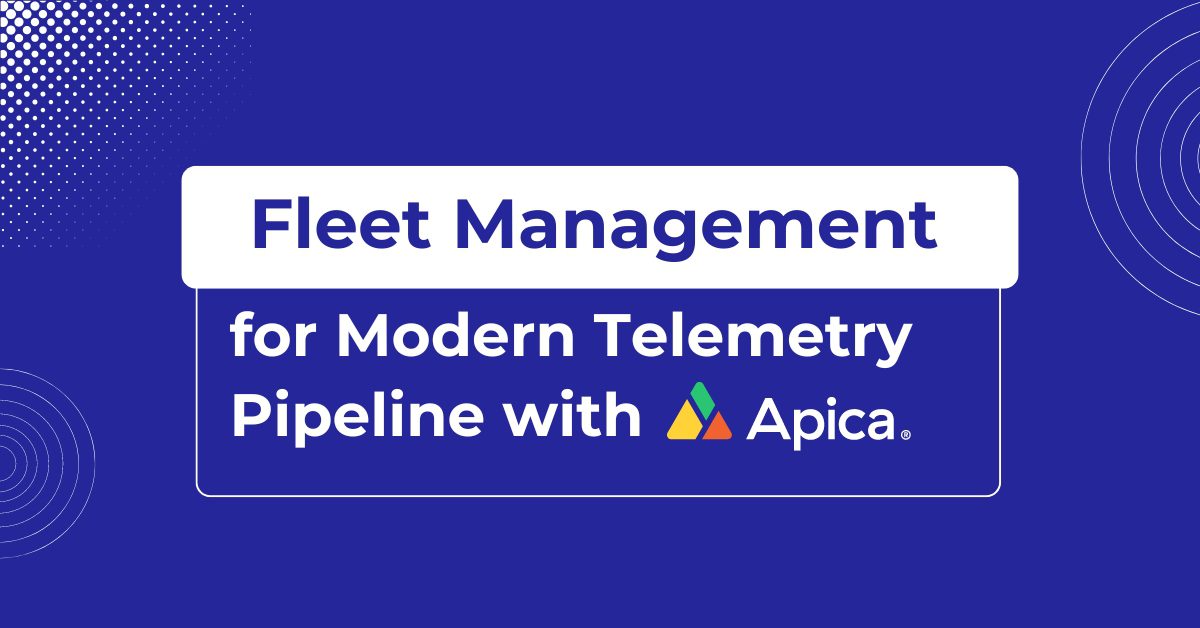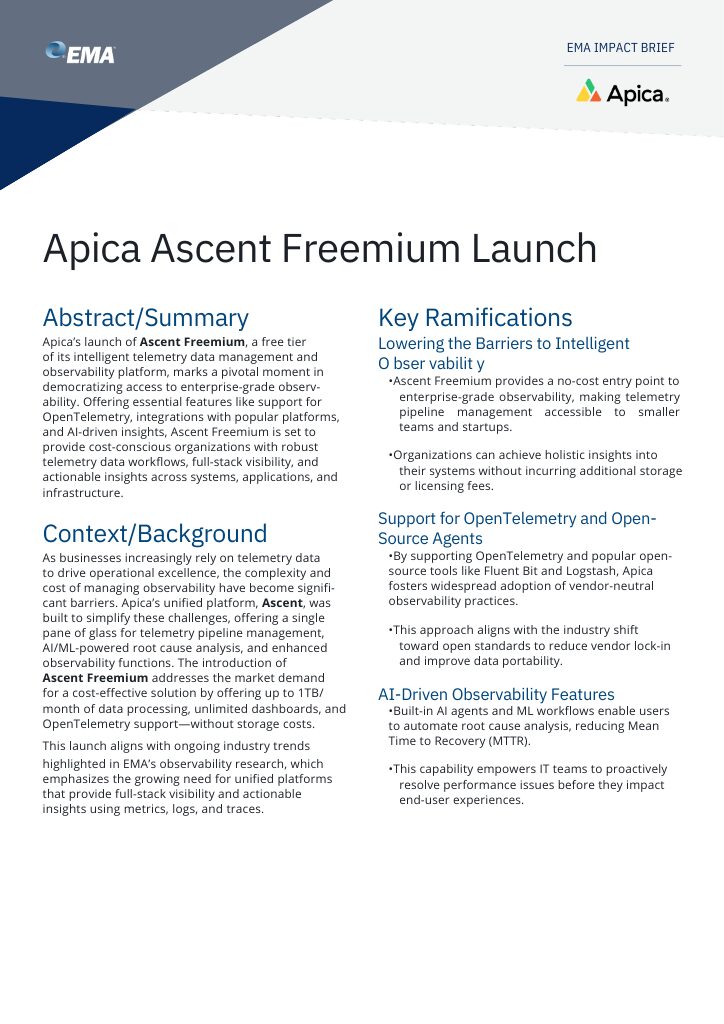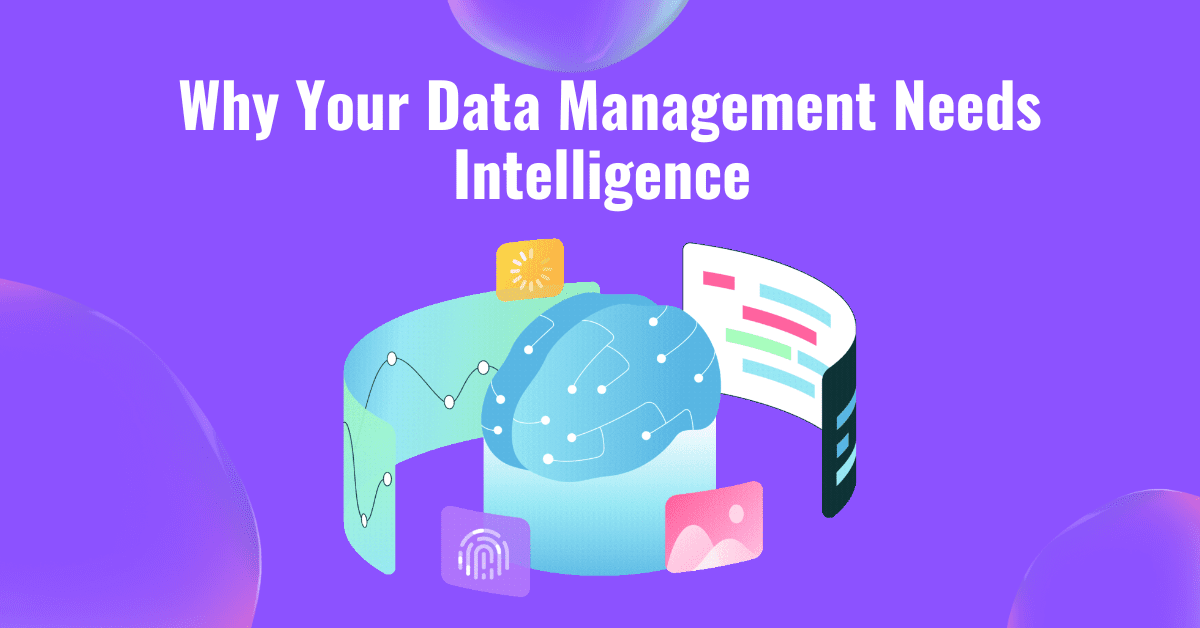It is evident that artificial intelligence is the driving force behind the swift developments in enterprise technology. Part of that is the rising urge to automate various sectors.
The AI revolution brought about a paradigm shift in data management, making organizations need to adjust to new ways and technologies for managing their data.
However, this is far from enough; the need to escalate the sophistication and effectiveness of data management strategies adds to this challenge.
To that end, bringing intelligence to your data management practices is no longer a choice, it’s a necessity.
The Imperative of Intelligent Data Management
Traditional ways of managing data are fast proving inept in the face of accelerating growth in volumes and variety of data.
Organizations hoping to stay ahead in the game must find intelligent/smart ways to manage such kind of data.
Let’s take a deep dive into the critical challenges in the present data landscape:
1. Data Quality and Consistency: Data and decision-making are interlinked in today’s world and ensuring data integrity and uniformity across heterogeneous systems is paramount.
2. Integration of Heterogeneous Data Sources: Current enterprises are dealing with varied sources of heterogeneous data, with each source having its specific format and structure, thus requiring integration for all-around utilization.
3. Scalability for Proliferation of Data: As data sets become larger and more voluminous, the system must scale dynamically in such a way that neither efficiency nor performance is lost.
4. Real-time Analytics and Processing: The call for near-instantaneous insights requires processing capacities able to keep pace with the speed of data creation.
5. Regulatory Compliance and Data Security: It’s as important to keep data secure and private as it is to ensure data utility under tough data protection regulations.
6. Governance in Distributed Architectures: Governance policies across separated environments and increasingly decentralized ecosystems pose stiff challenges.
7. Legacy System Integration: There will be a need for highly intelligent integration strategies between old legacy systems and new data platforms.
8. AI/ML Model Precision and Fairness: High precision as well as fairness of models in AI and ML is the need of the hour so that there are good-quality, bias-free, and reliable data-driven decisions.
9. Talent Shortage in Data Science: The lack of enough trained data professionals means that intelligent systems need to be developed to augment humans’ abilities.
10. Total Cost of Ownership: The overall cost of adoption and maintenance of advanced data management systems against the benefits accrued needs to be weighed.
Data Management and Intelligent Systems: Challenges as Opportunities
Intelligent data management views raw data as a strategic asset that drives operational efficiencies, mitigates risks, and unlocks hidden growth opportunities. So, let’s dive right into how intelligent data management addresses these challenges:
Improving Data Quality
Automated profiling and cleansing mechanisms in smart systems use AI and machine learning to find anomalies and rectify them. This helps ensure data integrity and reliability throughout its lifetime.
Seamless Integration of Data
State-of-the-art ETL processes with adaptive connectors can easily bring disparate data sources into integration. Automatic schema mapping and reconciliation provide an easy integration of disparate data structures.
Elastic Scaling
The mechanism of elastic scaling takes place with cloud-native architectures, smart data tiering, and compression. This helps efficiently use available resources without increasing cost variables based on fluctuating data volumes.
Real-time Processing
Integrated edge computing will enhance the ability of machine learning-optimized stream processing engines in fast data analysis and local processing, thus improving the responsiveness of the system and enabling real-time decisions.
Data Security and Privacy
Classify and tag sensitive data autonomously using machine learning-based systems; thus AI-based mechanisms implement access control and encryption. These tools protect highly valued data assets and ensure conformance to regulatory requirements.
Distributed Governance Framework
It provides centralized policy management but ensures it’s enforced in a distributed manner. This ensures policies are enforced uniformly across all these different environments. Additionally, the use of blockchain for immutable audit trails gives an unalterable record of data lineage and transactions.
Continuous AI/ML Model Refining
Continuous monitoring and retraining of LLMs and models in intelligent systems, along with sophisticated algorithms for detecting bias. It allows AI and ML models to maintain accuracy and fairness over time as the systems adjust for changes in data patterns.
Moreover, it enables organizations to optimize consumption-based cloud models while ensuring resource utilization with predictive maintenance and the costs linked to their actual usage, thus avoiding waste.
Eliminating Data Silos
It enables data platforms to access them in a unified manner by using granular, role-based access controls. Data-driven change management tools help organizations deploy changes that may promote data democratization to the fullest without loss of security.
Wrapping: The Intelligent Data Wave
With data being operated in a manner where it acts like a lifeblood for business operations, intelligent data management is objectively imperative.
What it means is that the injection of intelligence into data management practices will enable organizations to navigate the not-so-simple, intricate world of modern data ecosystems with some much-needed agility and precision.
Apica has tapped into that dynamic and engineered a platform that simplifies complex data ecosystems through AI-driven automation for real-time transparency and scalability in cloud and on-prem infrastructures. It automates the collection of data and detects issues so that teams can focus on innovation rather than the nitty-gritty work of data management.
Discover more on our How It Works page.
TL; DR
- Traditional data management is becoming obsolete due to increasing data complexity
- Main challenges: data quality, integration of diverse sources, real-time processing needs, security compliance, and talent shortage
- AI-driven data management automates cleaning, integration, and security processes
- Smart systems enable elastic scaling and real-time processing while reducing manual work
- Intelligent data management is now essential for business competitiveness










